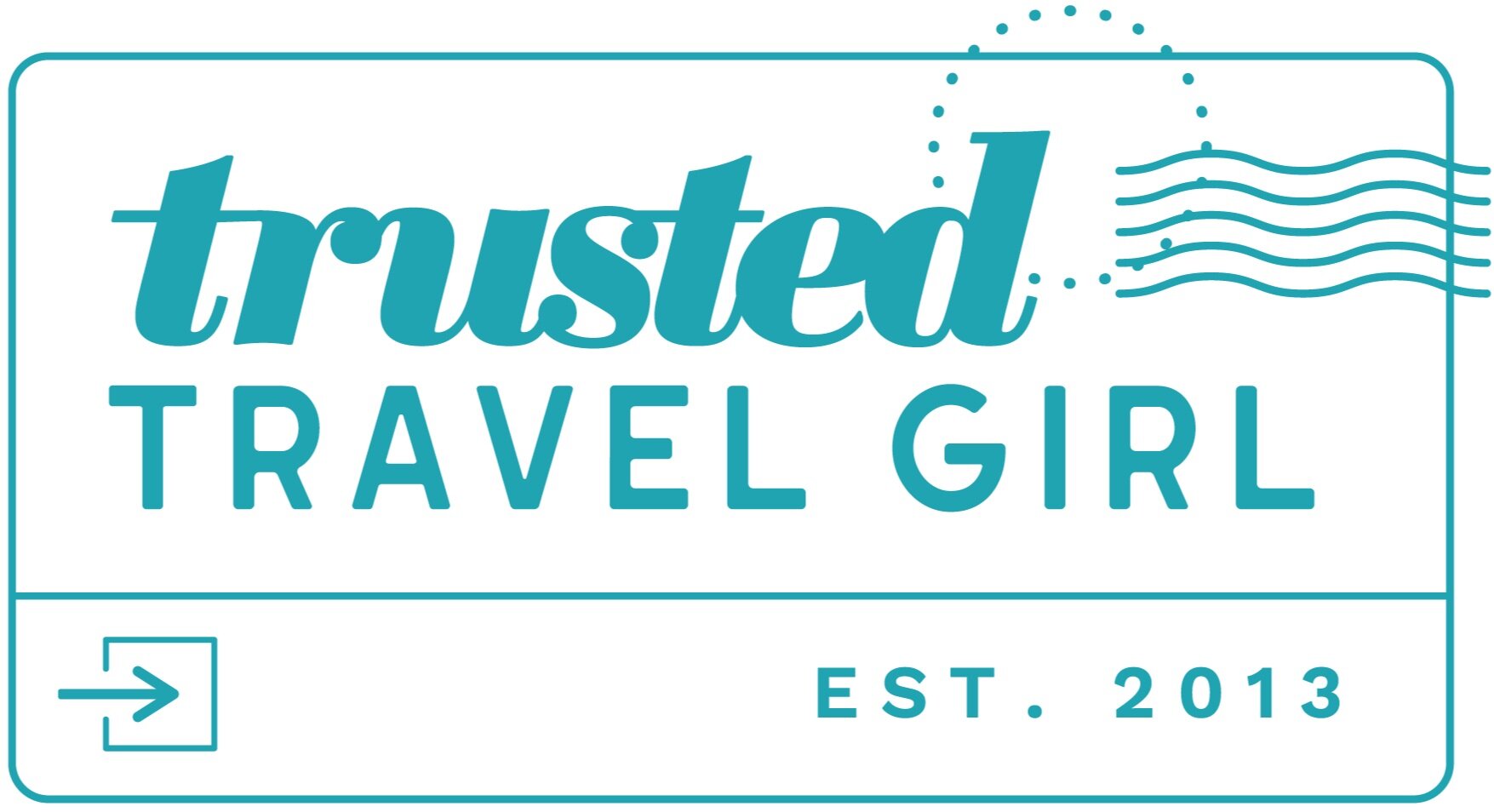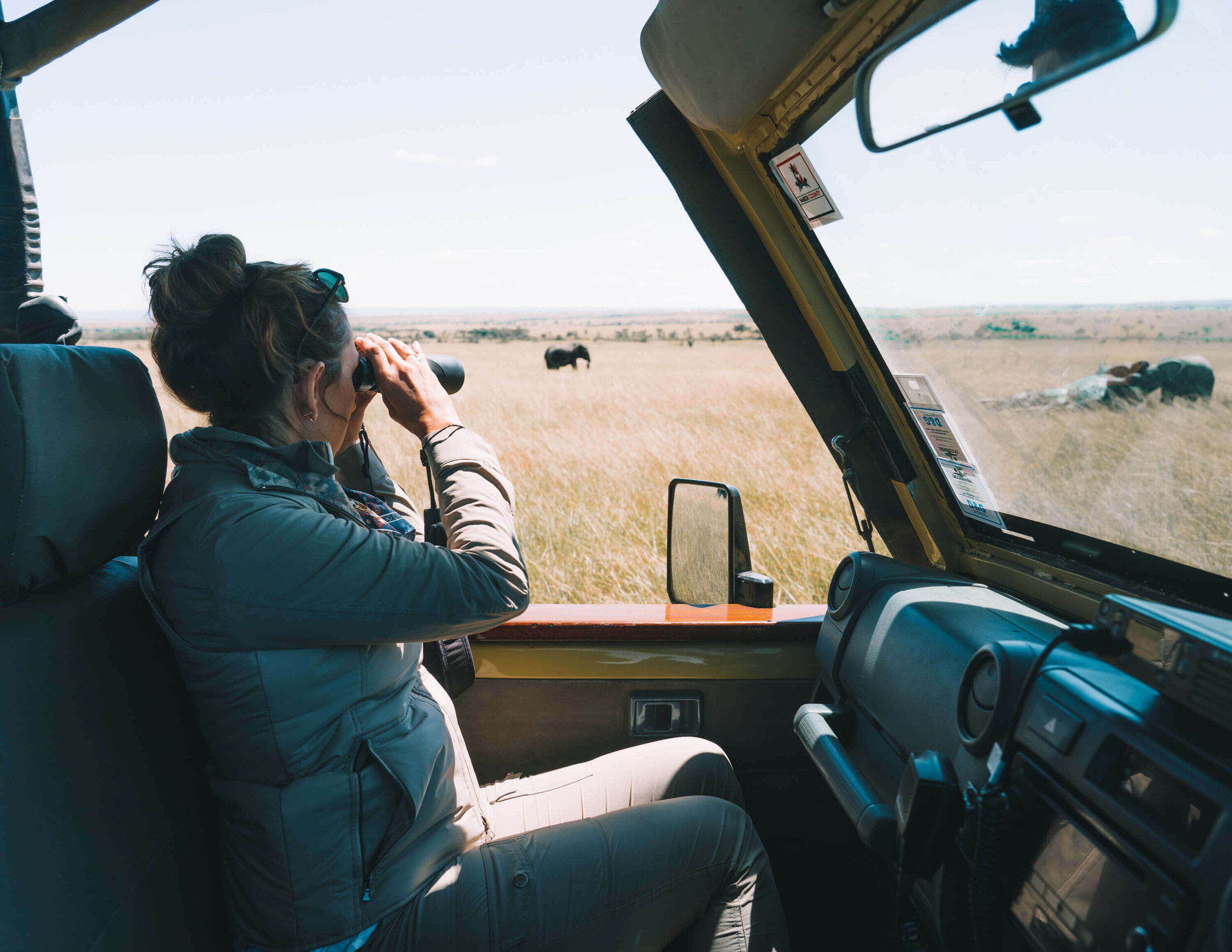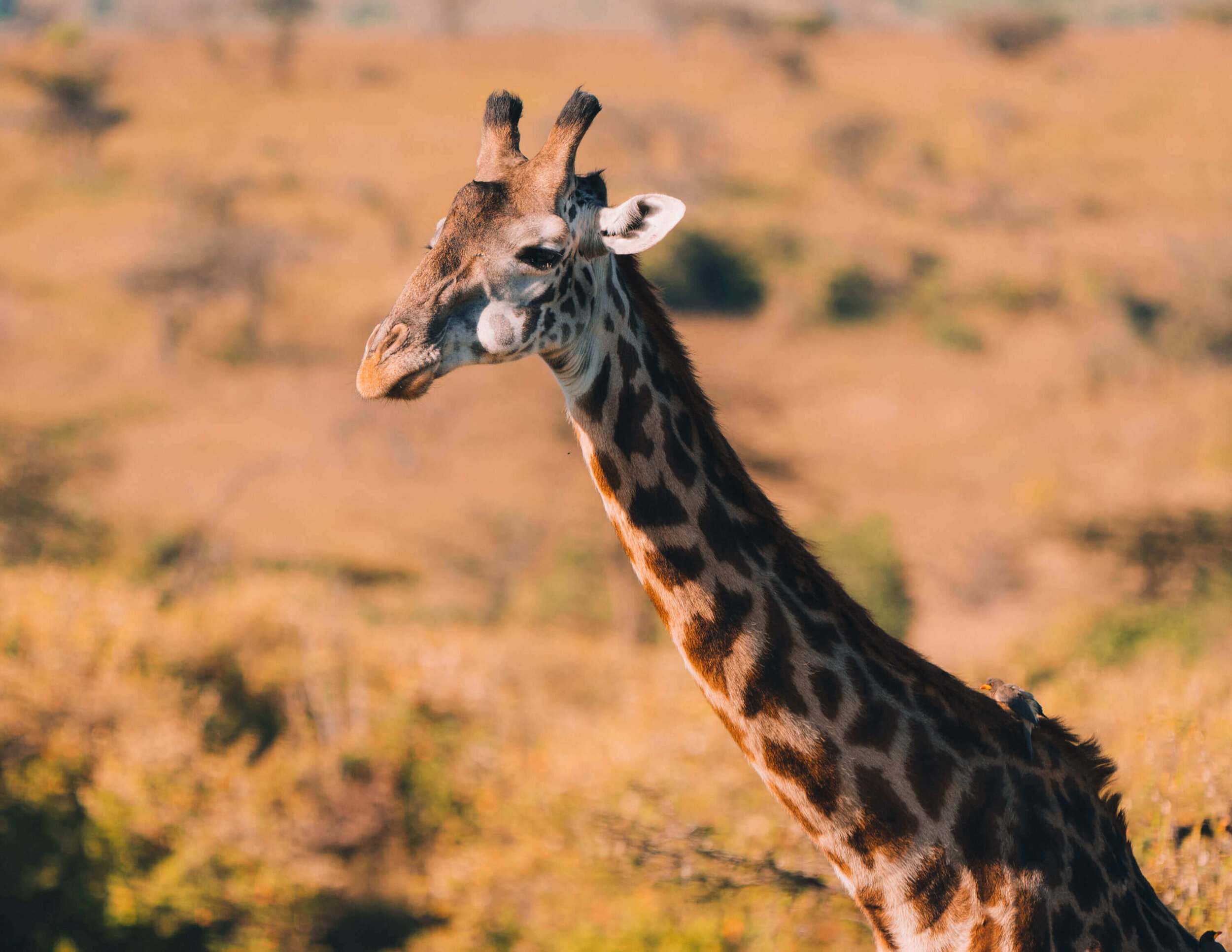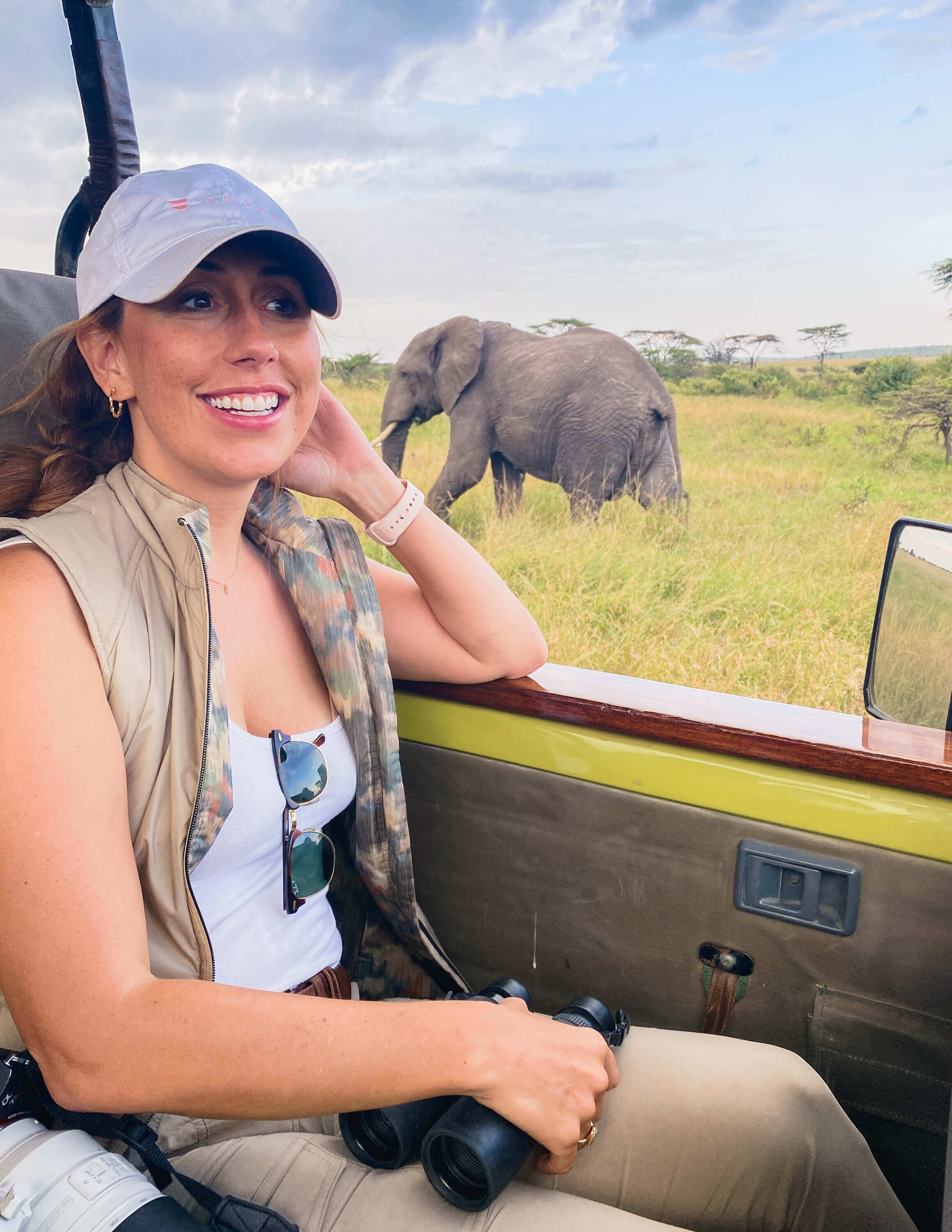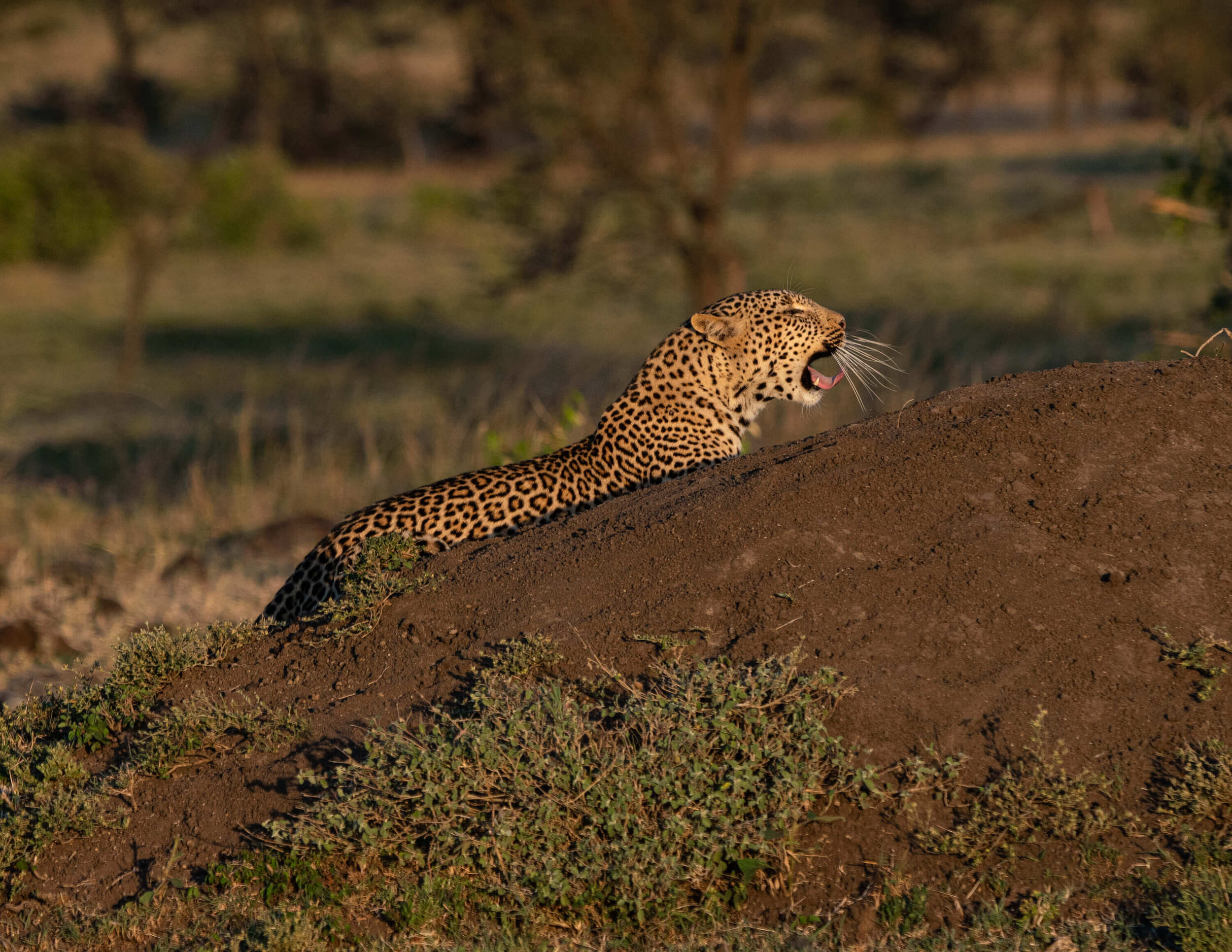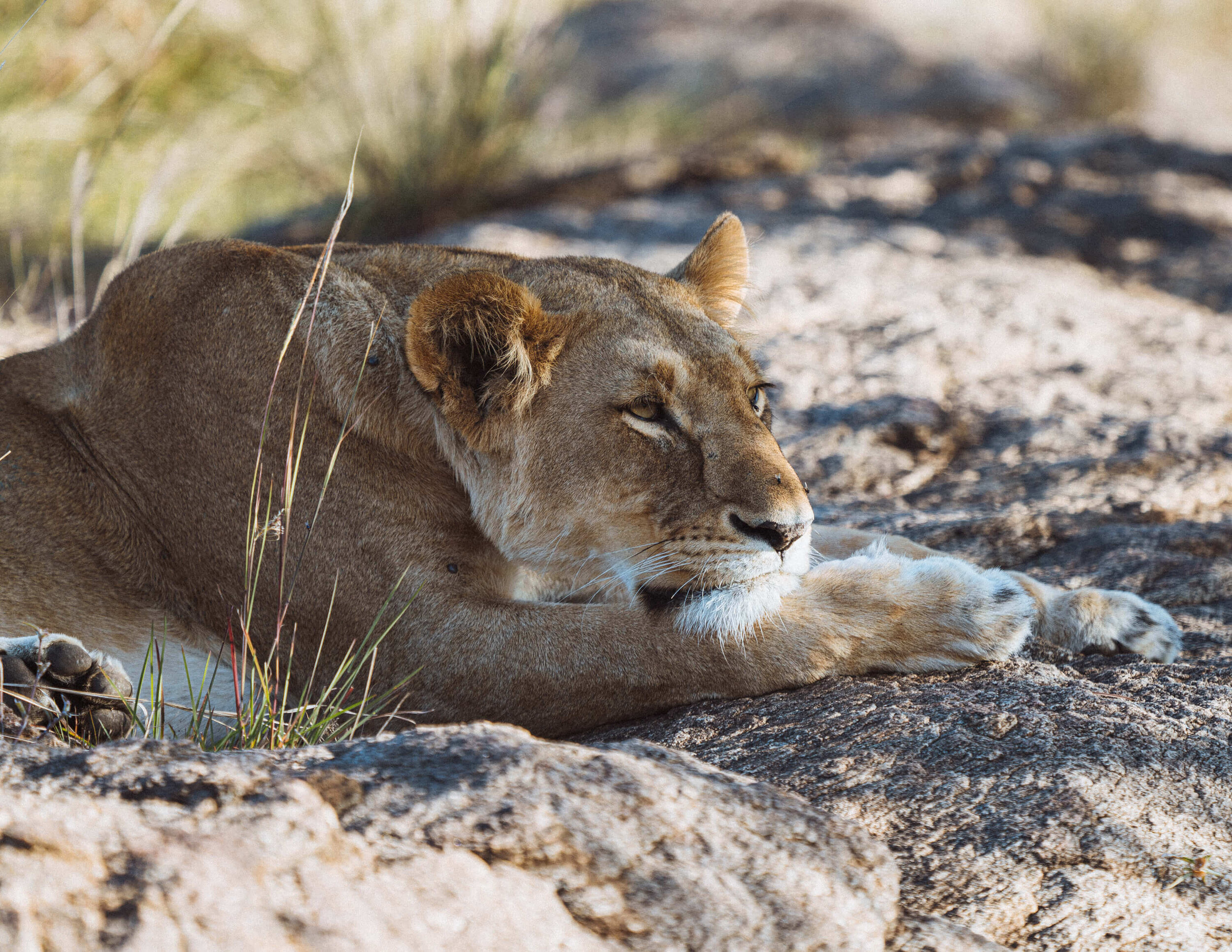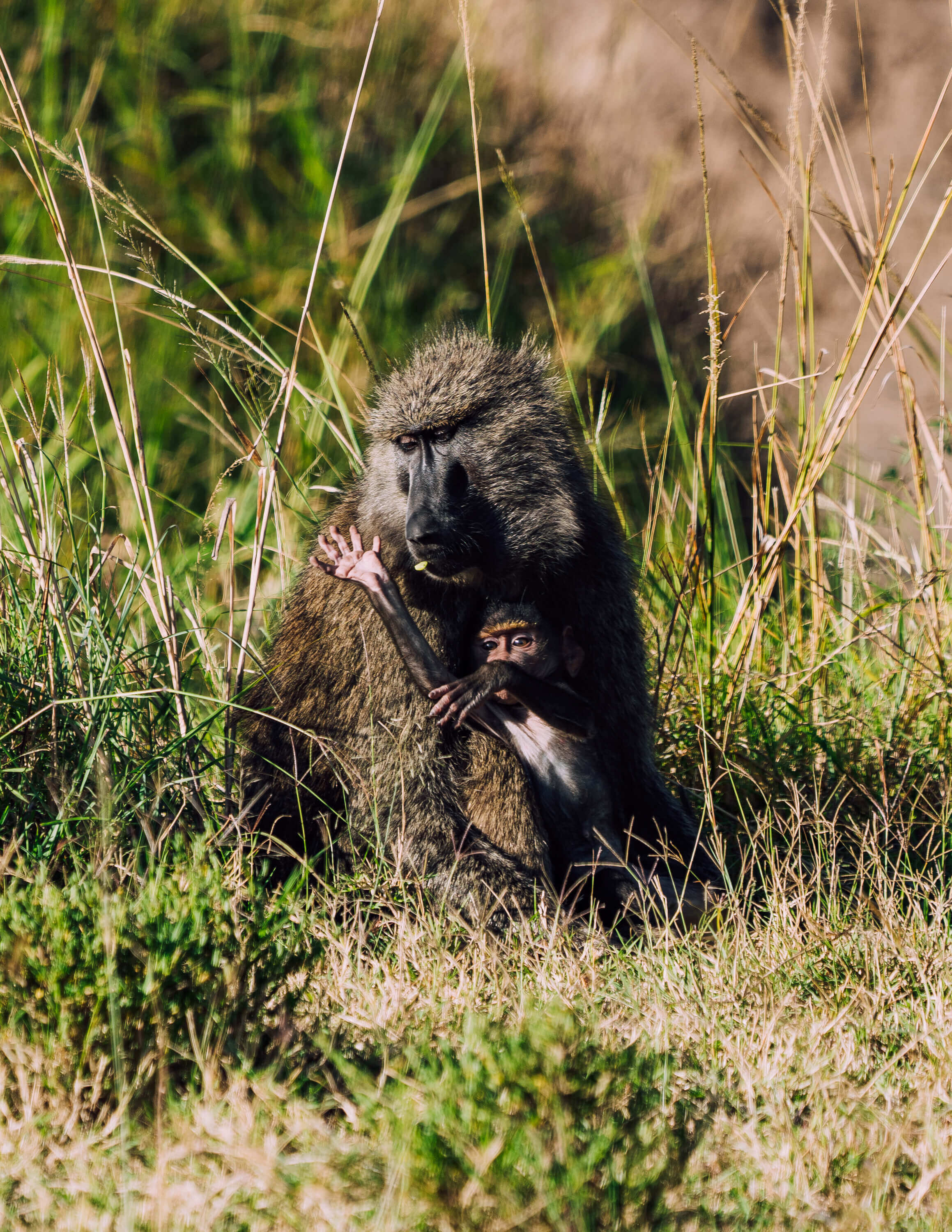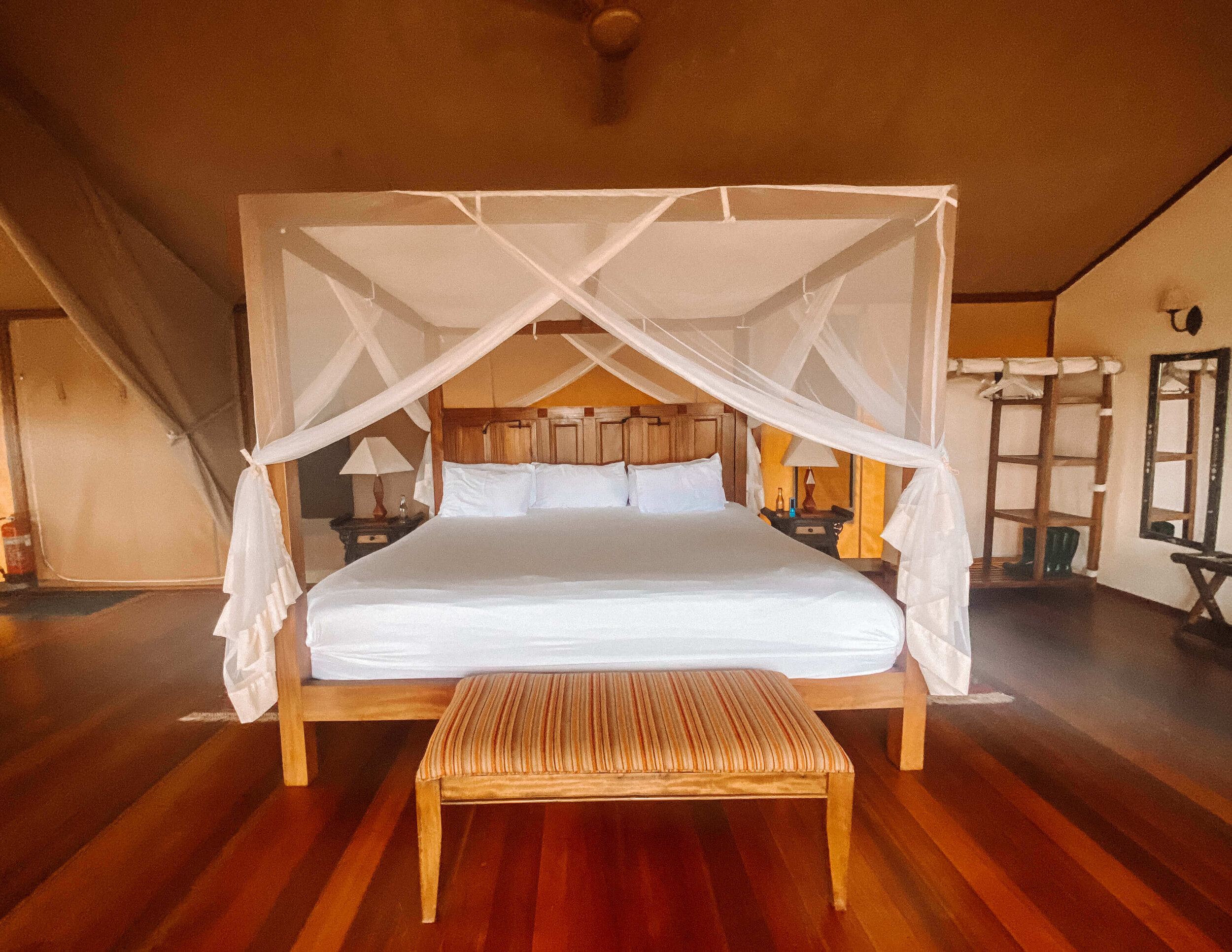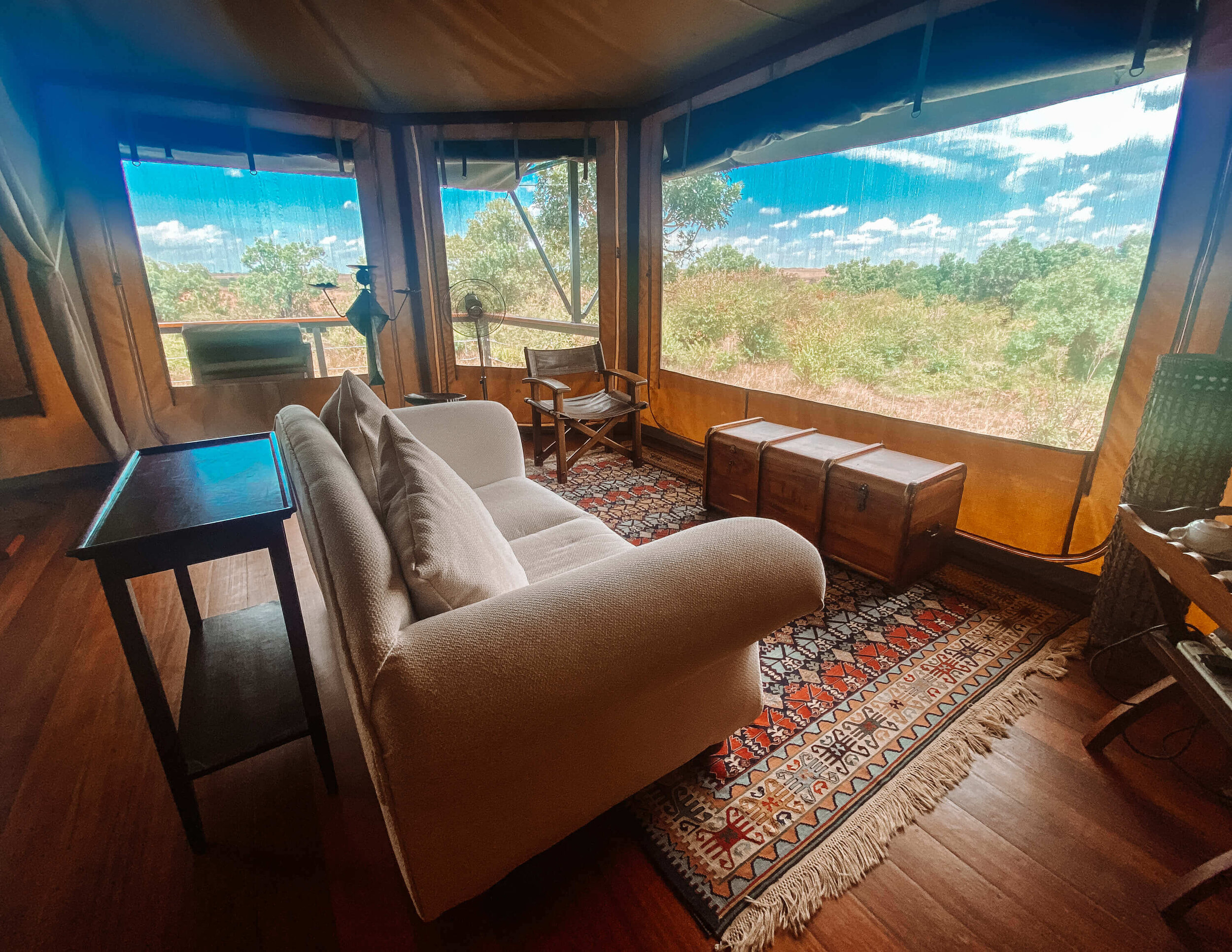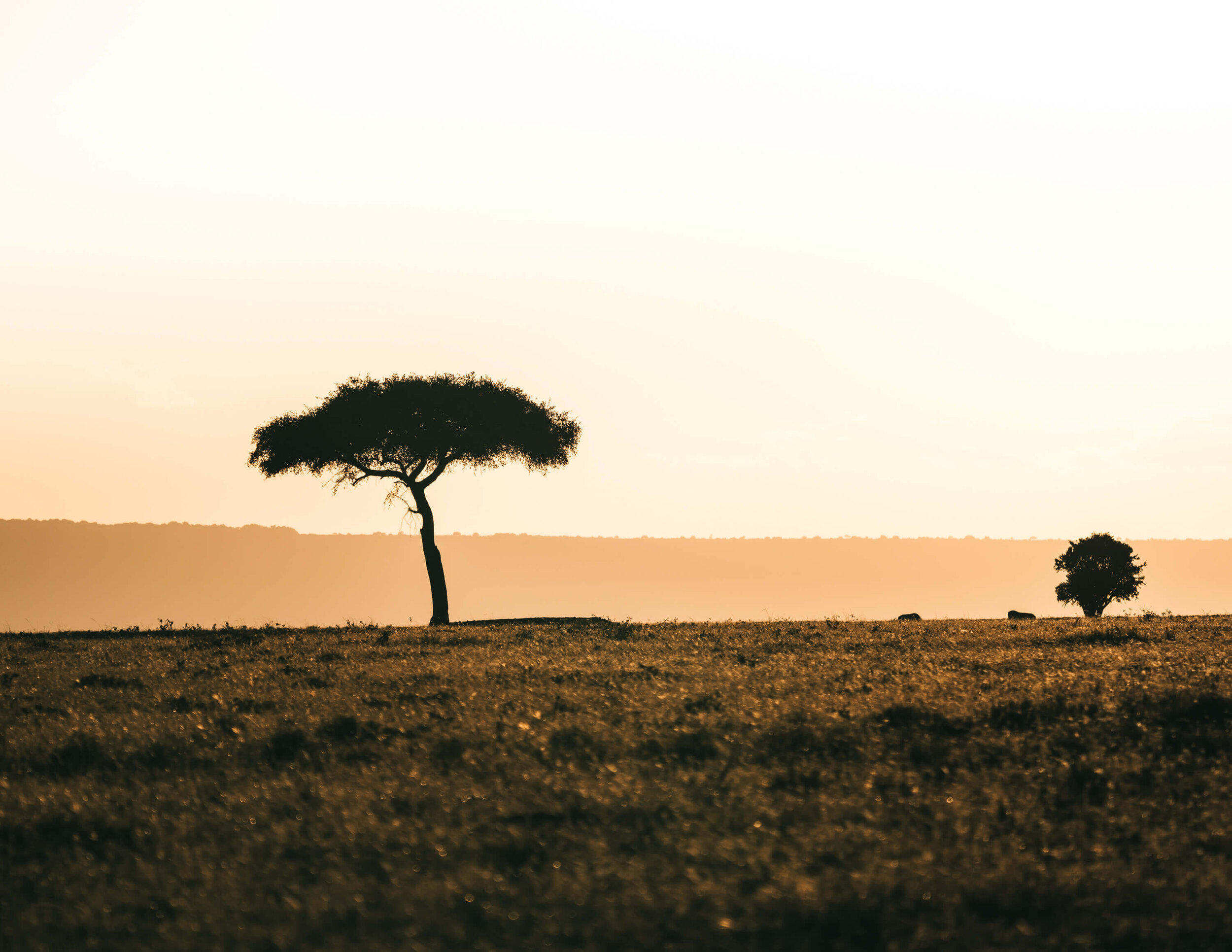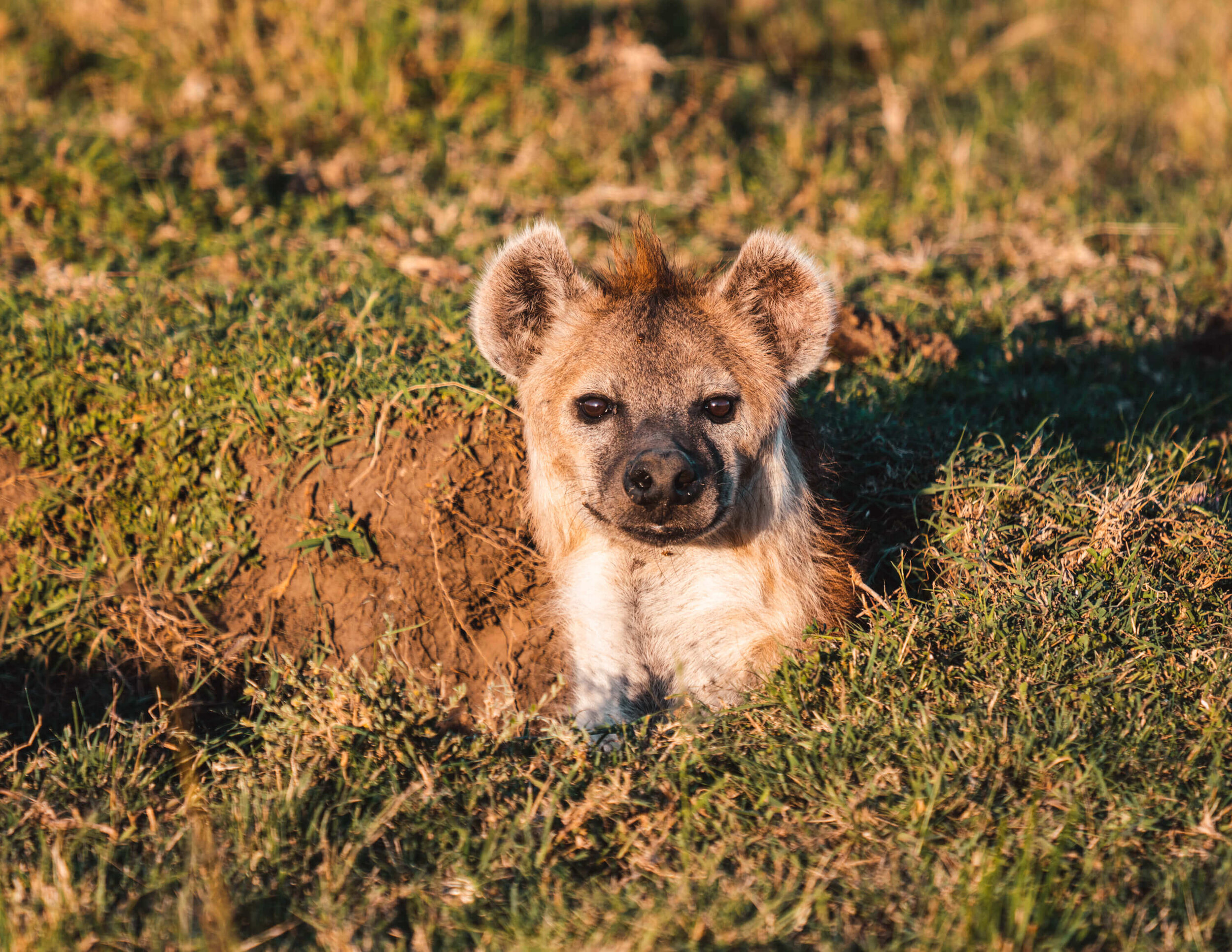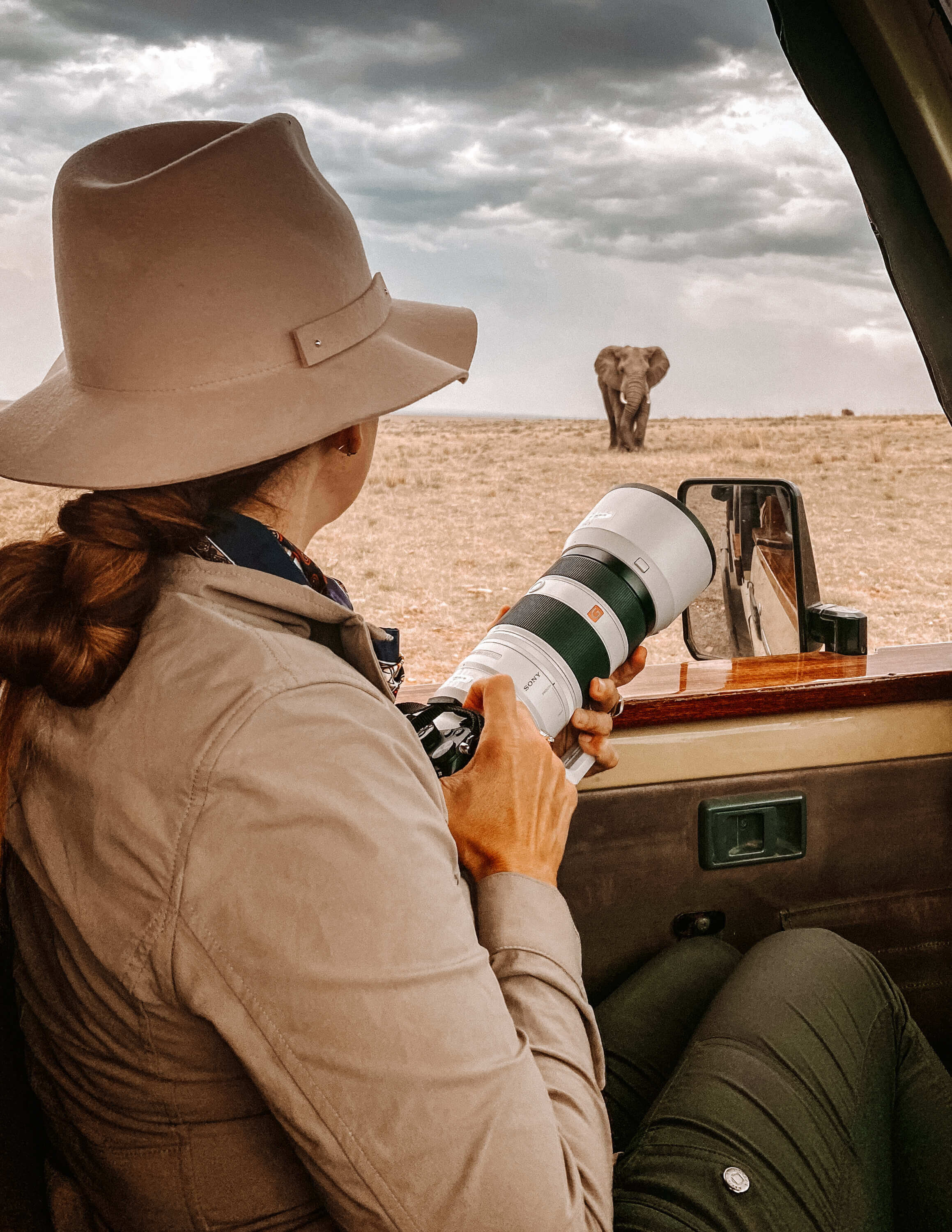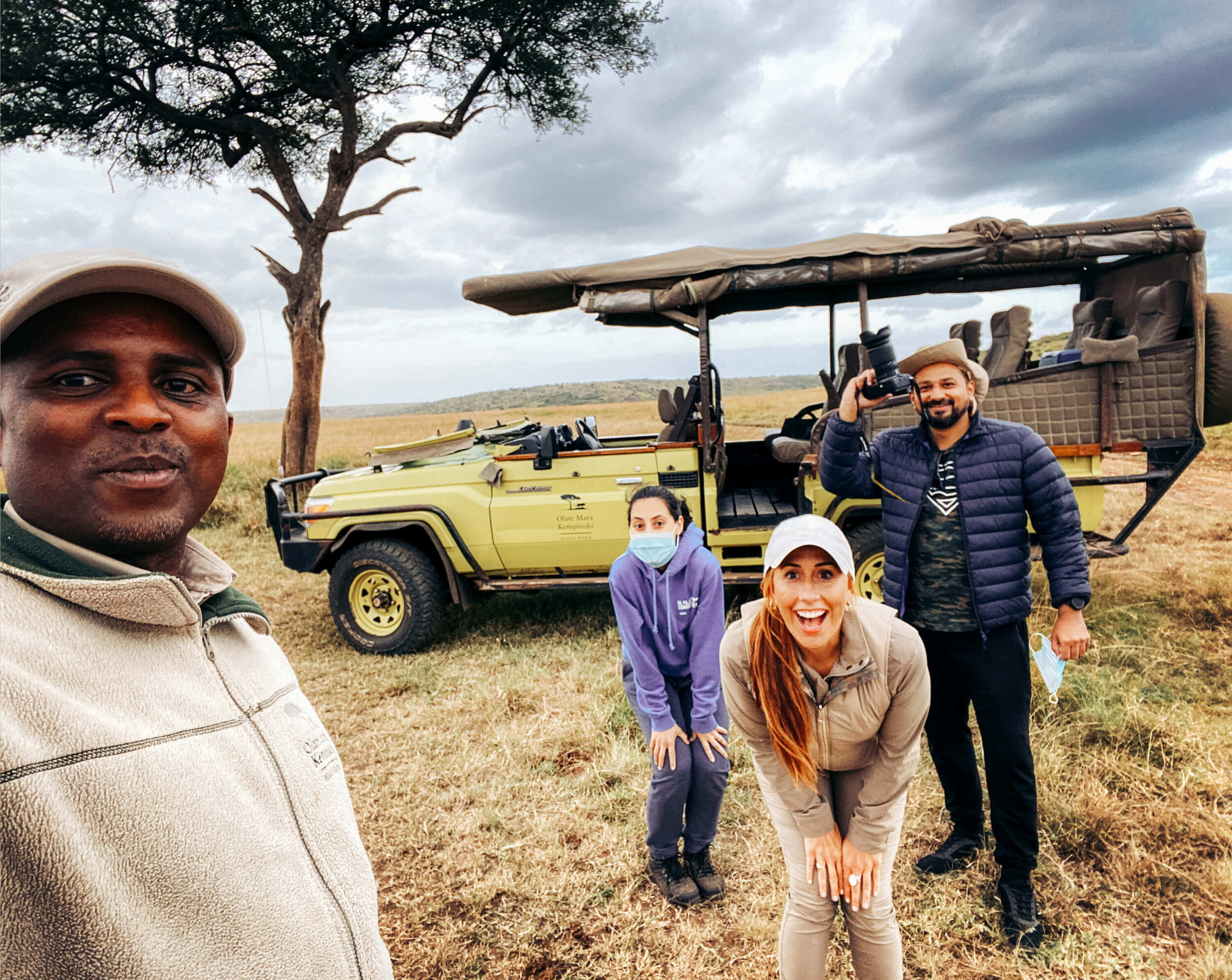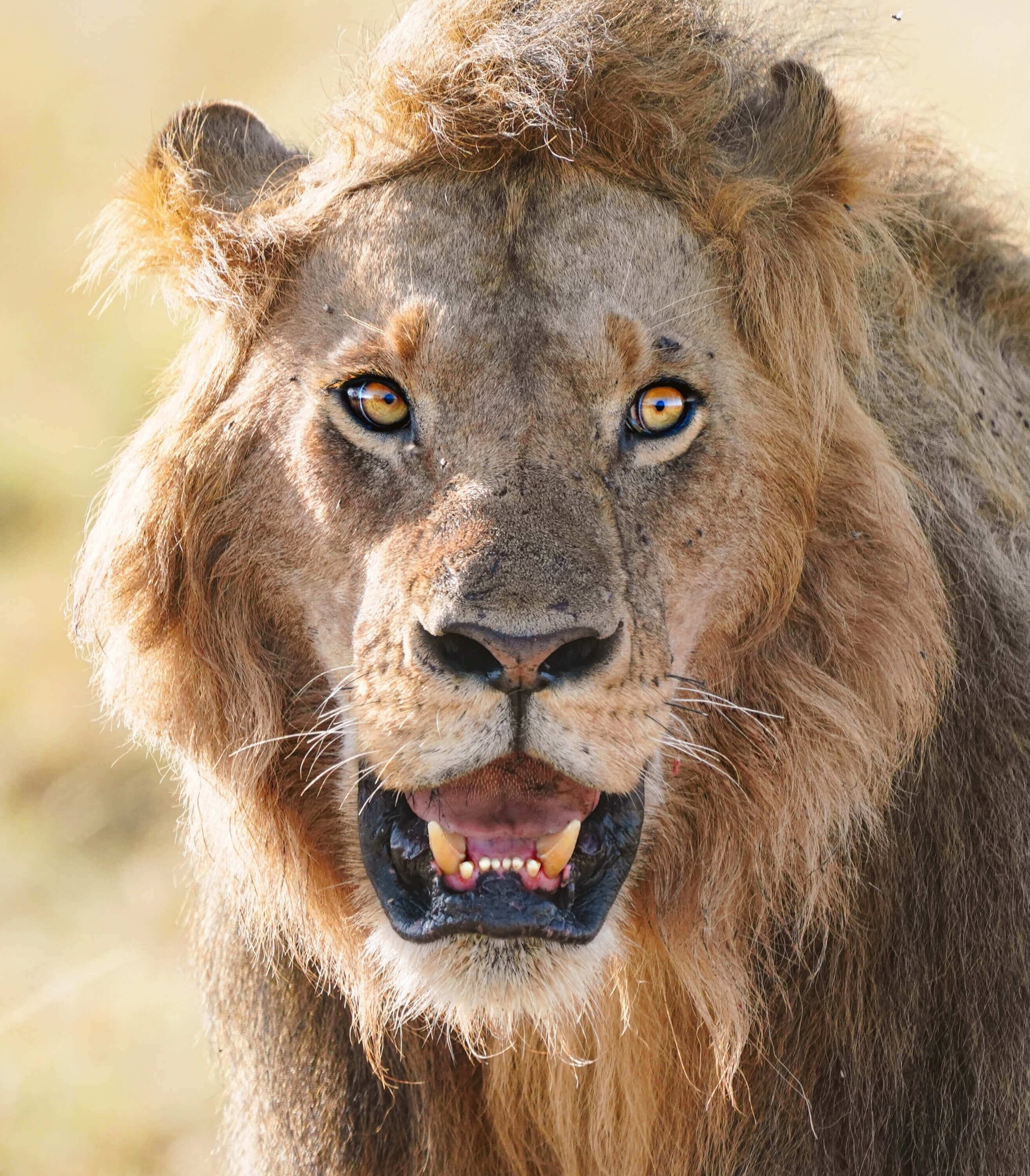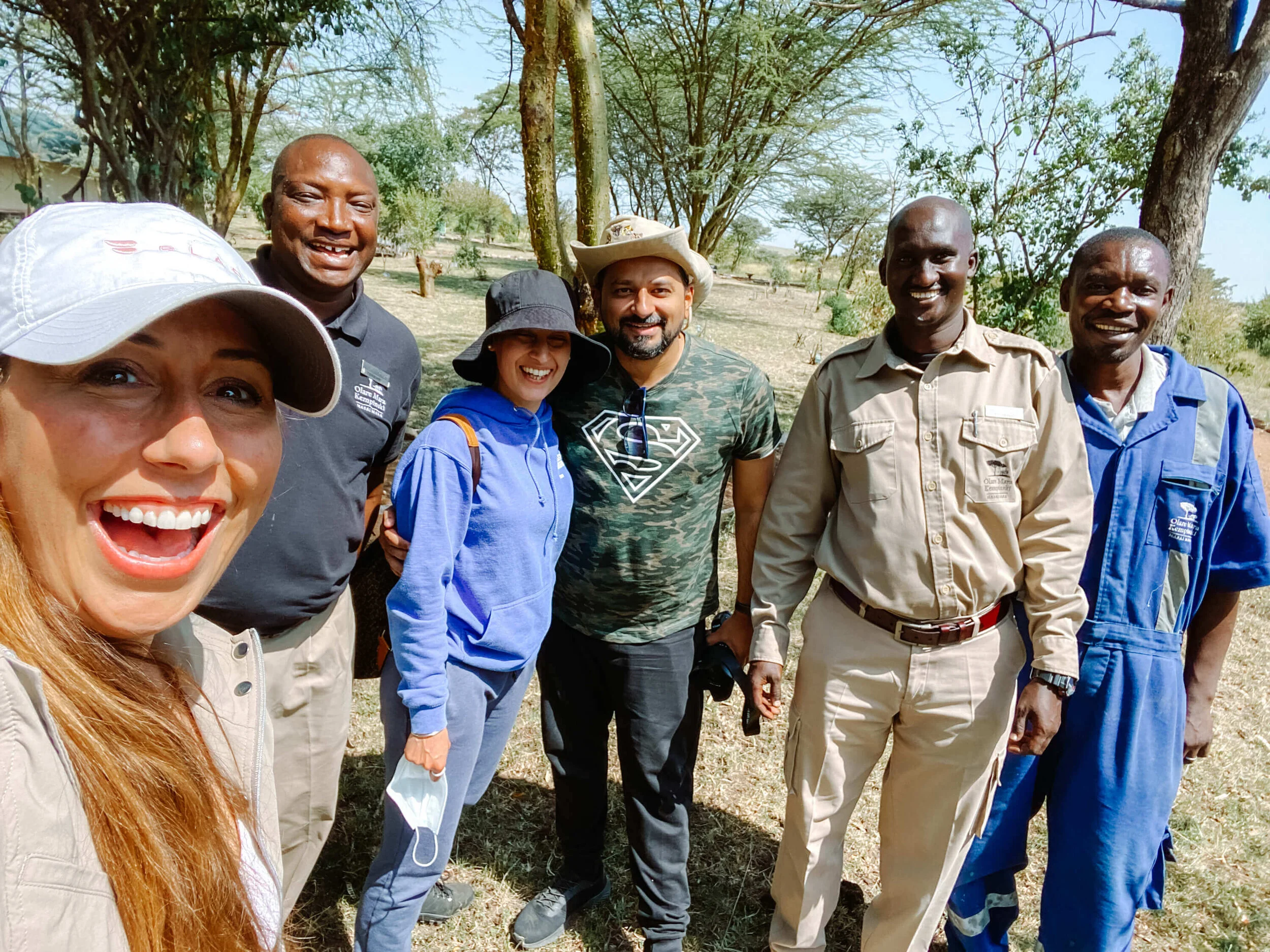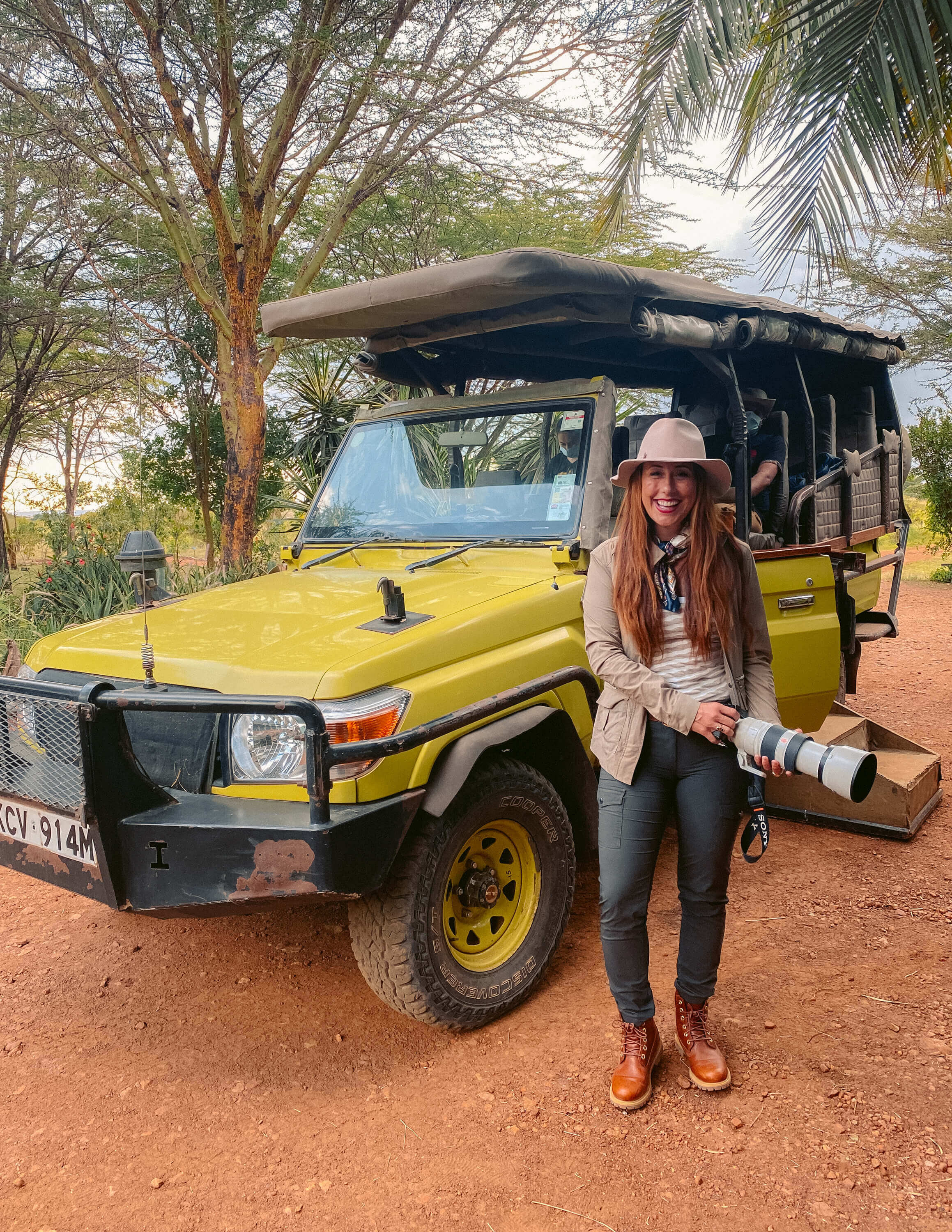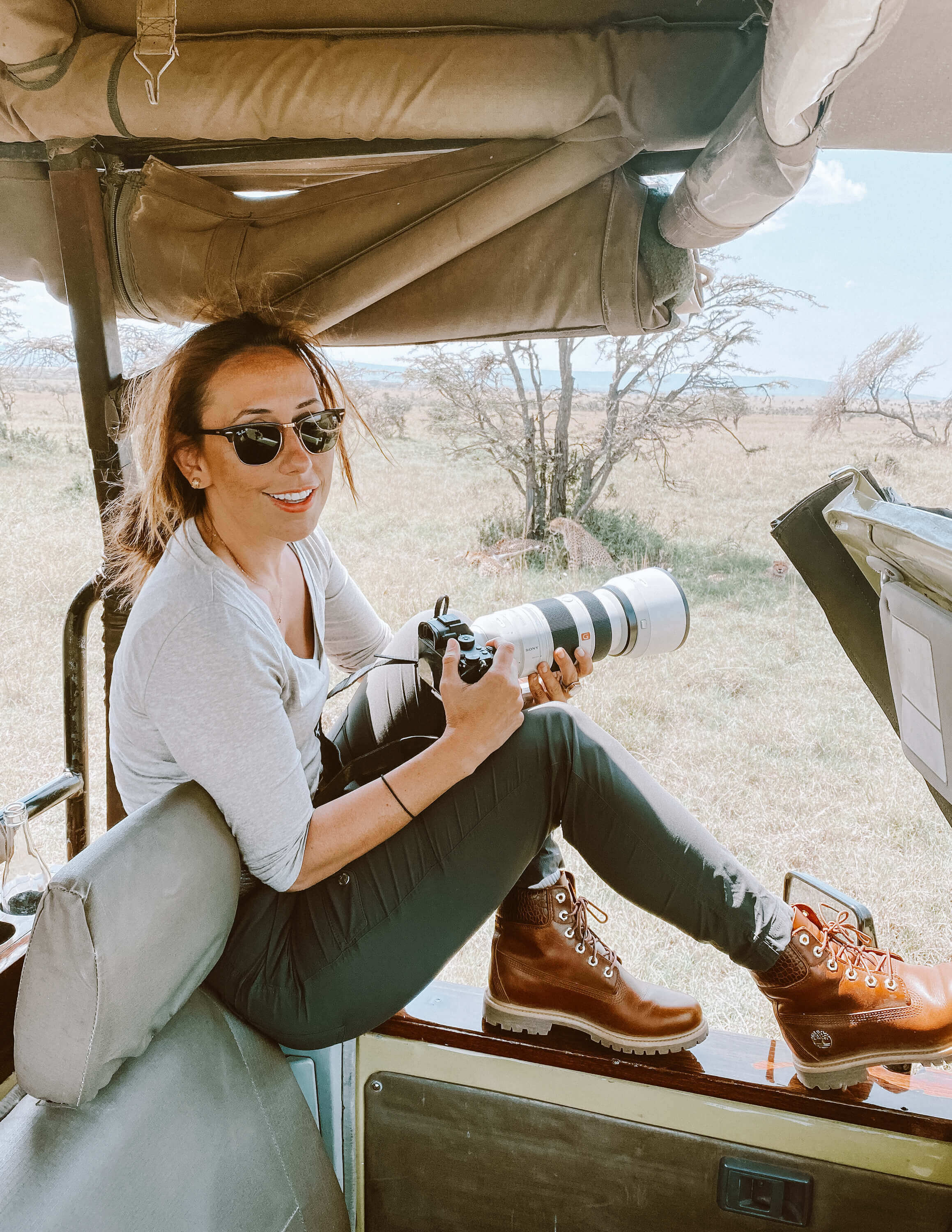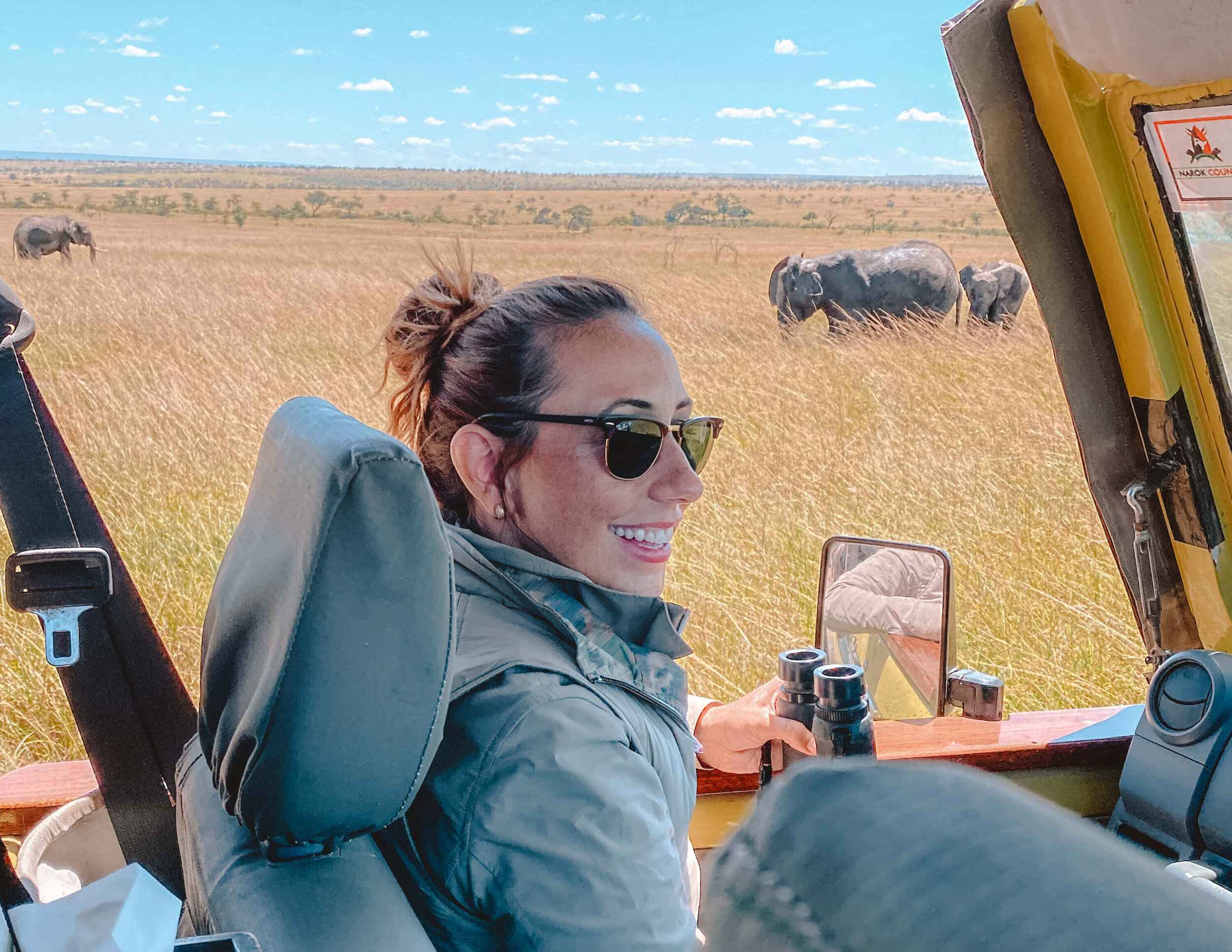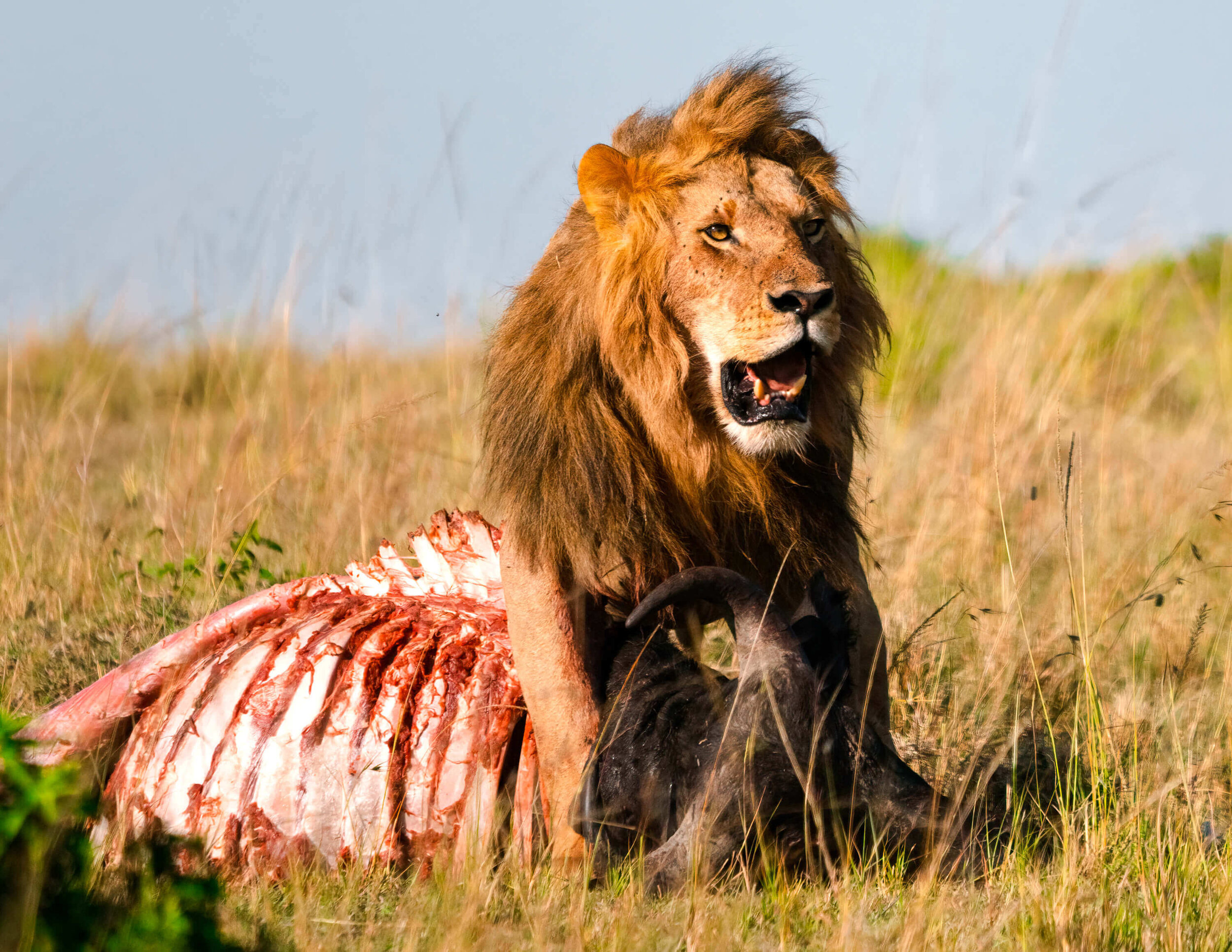A Beginner's Guide to Planning Your First African Safari
I spent countless hours daydreaming about a safari experience before actually embarking on my very first safari. Images of The Big Five and vast, untouched landscapes unlike anywhere else in the world flooded my mind. Maybe it’s the influence of channels like Animal Planet, or maybe it was the idea of being amongst wildlife in their natural habitat.
Either way, going on a safari is one of those “bucket-list-worthy” experiences that tops every travel and animal lover’s list. And witnessing wildlife outside of the confines of a zoo is truly an experience of a lifetime.
If you’re ready to turn your ultimate bucket list adventure into reality, I’m sharing everything you need to know about planning a safari so that you can fully enjoy your experience with ease. Here’s a beginner’s guide to planning your first safari.
Choosing the Right Safari Destination
The first question you’ll probably want an answer to is this: where should I go on safari?
Africa is a huge continent that encompasses 54 different countries. The countries of South Africa, Kenya, Tanzania, Uganda, Botswana, Zimbabwe, Zambia, Rwanda, and Namibia are the 9 that offer world-renowned game drives and safari experiences. So where do you start with the planning process?
It all depends on what you plan on seeing and doing. Plan on witnessing the phenomenon of the Great Migration? The wide-open grasslands of the Serengeti in Tanzania and the Maasai Mara in Kenya is the destination for you.
Or if you want to bask in the uniqueness of both the desert and the delta, Botswana is the destination of choice.
And if you’re open to any (and every) experience, the question isn’t really “where should I go on safari?” Rather, the best way to determine where to go is to decide when you want to go.
The Best Time to Go on a Safari
If you plan on traveling in the first 4 months of the year (January - April), embarking on a safari in Tanzania’s Serengeti, Kenya’s Maasai Mara, and South Africa’s Kruger National Park, will be your best options.
Planning to travel during the summer months of May through September? Rwanda, Botswana, and Zimbabwe are great options.
Although the wetter month of December means conditions might be less than ideal, the shoulder season of November shouldn’t be ruled out.
While game drives and wildlife spotting may not be as abundant in countries like Botswana in November, it still offers ample opportunities as the wildlife soaks up the last of the dry season.
Not to mention, if budget is a bit of an issue, traveling during the shoulder months could offer lower rates while still delivering memorable, one-of-a-kind experiences.
How Long Should Your First Safari Experience Be?
It’s no secret that going on a safari is a costly experience. To give you a better estimate for how much you could spend, here’s a list of how much you can expect to pay for different types of safari experiences.
Budget safari experience (camping): Average of $150 per person per night
Budget safari experience (accommodation): Average of $250 per person per night
Mid-range safari experience (accommodation): Average of $350 per person per night
Luxury safari experience (accommodation): Average of $700 per person per night
Some luxury safari experiences can even run up to $1500 per person per night. This is why you need to keep in mind that these prices fluctuate depending on the destination of your choice, the season, and whether you’re traveling with a group or private.
Now that you have an estimated guideline on how much you should be budgeting for, the next question you probably want to answer is how long should your first safari experience be?
While this largely depends on your budget, you should also factor in the experience you want to have. There’s no denying that the longer you stay, the more opportunities you’ll have since game drives and wildlife spotting are unpredictable.
But due to the exhausting schedule of early morning and late afternoon to evening game drives, I would say that a comfortable length of time would be no more than 10 days.
Choosing the Best Accommodations for Your First Safari
As you can tell, the cost of your first safari experience largely depends on the length of your stay and the level of comfort that you’re after.
If you’re aiming for a budget experience, camping in the national park is your best bet. Southern African national parks have great public camping options. Some even feature electricity, barbecue facilities, and restaurants.
Another option would be to stay at an accommodation outside of the national parks for lower pricing.
If you do have the budget to spare, aiming for a mid-range to luxury safari experience is worth the extra cash. Aside from being located in some of the best areas of the national parks, luxury accommodations will offer some incomparable comforts.
For instance, my stay at the Kempinski’s Olare Mara offers laundry services with no limit on the number of pieces of clothing. This is especially helpful since bush flights have a baggage weight limit of 15kg (33lbs).
Keep in mind that the average price per night at the Kempinski’s Olare Mara is approximately $600 USD per person.
And the Angama Mara will offer breathtaking views as well as creature comforts like a pool to soak in when you’re not busy on a game drive.
As for how much you have to budget for a stay at the Angama Mara, you can expect to spend anywhere between $1200 to $1800 USD per person per night.
If selecting a luxury accommodation is more suitable for your budget and taste, you can read more about what you can expect from a luxury safari in this post.
What You Can Expect on Game Drives
Most safari experiences are scheduled out in the same way with 2 game drives total. One in the early morning and another in the later afternoon into the evening. And if you’re staying at an unfenced luxury accommodation like Olare Mara, you might even spot some wildlife on the property.
While renting a car and driving a private vehicle can allow for more flexibility, going with a knowledgeable guide is undeniably beneficial. My guides were incredibly informative and I even picked up on a few Swahili words that they use to communicate wildlife spottings (so not to get your hopes up).
When on a game drive, feel free to ask your guide any questions you might have about the area or wildlife. They’ll be happy to share their knowledge with you and you’ll walk away knowing more than you did before.
One thing you should never ask your guide is to drive up closer to the animals. This is a big no-no and doing so could potentially be harmful to both you and the animals.
Whatever you do, you shouldn’t expect every game drive to be packed with lots of action. You’re interacting with wild animals in their natural habitat, and what you see and experience is practically luck of the draw.
The Best Tipping Practices
If you plan on joining a tour group or simply hopping on board with a guide who works with your lodge, you need to tip your guides and trackers.
It’s a general rule of thumb to tip your guide $10 USD and your tracker $5 USD per day. This amount should be collected and given at the end of your safari, and not at the end of each day
Visas and Vaccinations for Your First Safari
The visa and vaccination requirements defer depending on your passport and where you’re traveling to. For instance, if you have a passport from the United States, you can travel to South Africa and Botswana without a visa. However, you’ll need to apply for a visa (or eVisa) if you’re traveling to Kenya and Tanzania.
However, I must advise you to apply for a visa at least 30 days before your trip to Kenya and Tanzania. Sources online might tell you that you can get a visa on arrival, but that was not the case when I traveled there.
You can check your visa requirements by visiting Travel Sherpa and setting the options to fit the appropriate passport and country where you’ll be traveling from.
As for vaccinations, the most commonly required vaccination is the yellow fever vaccination. Countries like Rwanda and Kenya require the yellow fever vaccine. Whereas other countries might suggest or recommend it.
If you’re traveling between countries, you’ll want to make sure that the yellow fever vaccination applies to you due to your travel plans.
Aside from the yellow fever vaccine, you might want to consider prepping with antimalarial medication. There are also other recommended vaccinations like Hepatitis A and Typhoid, so be sure to do a quick Google check to make sure you are prepared.
What Are Bush Flights?
Depending on where you’re staying, you might have to board a bush flight. These flights involve small planes that transport you to your remote safari camp or lodge as quickly as possible.
One thing you need to note about bush flights is that there is a strict limit to how much your bags can weigh. You won’t be able to bring more than 15kg (33lbs) at a time so pack accordingly.
How to Pack For Your First Safari
Being strategic with your packing for your very first safari is important. For starters, you’ll want to wear light and neutral clothing. Next, you’ll want to pack for layers as the temperatures can change drastically throughout the day.
While you can pack the clothing you already have in your wardrobe, I highly recommend opting for technical fabrics that are designed specifically for long days and game drives. Anatomie has a tonne of options and it’s actually what I wore throughout my trip.
Not only are their pieces like the Kenya Safari Jacket and Kate Skinny Cargo Pants super flattering, everything was very light, compact, and easy to pack. Making it extremely easy to pack under the weight limitations of a bush flight.
P.S. Don’t forget to use code TTG20 to save 20% on your Anatomie purchase!
I also recommend wearing heavy-duty boots like Timberlands and not sneakers.
As for camera gear, you’ll want to bring a telephoto lens so you can capture snapshots of animals and wildlife from afar. Just don’t forget a bean bag too!
For a more detailed packing list (aka everything I brought with me on my safari), check this post out. Here I list out everything you need to pack so you don’t have to worry about forgetting something important.
How Far In Advance Should You Plan for Your First Safari
Finally, you’ll likely want to know how far in advance you should plan your first safari experience. While planning a year in advance is ideal, I know that sometimes trips can occur spontaneously.
But with everything I’ve detailed above, you’ll want to make sure you have enough time to get all your first-time safari ducks in a row. So the more time that you can allot to planning, the better.
A safari is one of the most rewarding and exciting travel experience you could ever have. I know it can feel intimidating, but trust me, it’s worth every ounce of effort!
